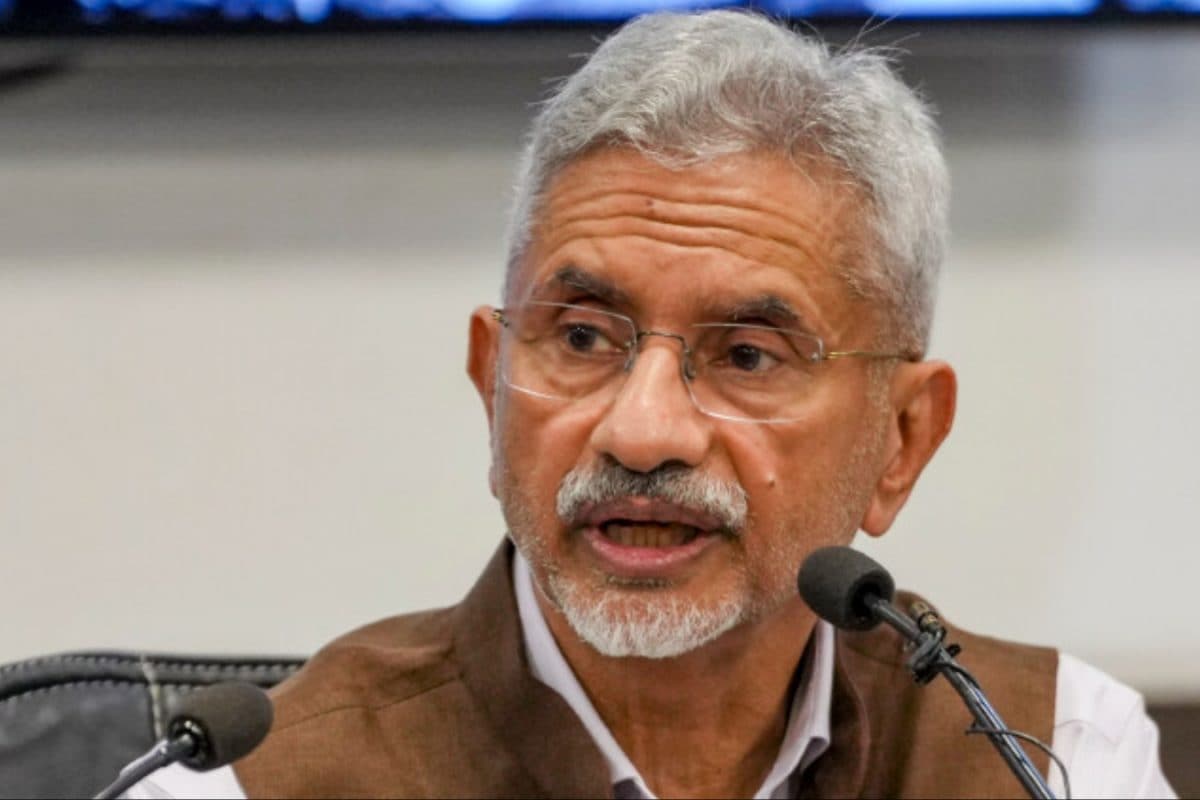

The recent Shanghai Cooperation Organisation (SCO) Defence Ministers' Meeting in Qingdao, China, witnessed a tense standoff between India and Pakistan, highlighting the persistent issue of cross-border terrorism. Defence Minister Rajnath Singh took a firm stance, refusing to sign a joint statement that, according to sources, would have diluted India's position on terrorism and regional security. This bold move came as a response to attempts by China, the SCO chair, and Pakistan to downplay the severity of terrorism in the region and deflect attention from Pakistan's alleged role in supporting terrorist activities.
Sources indicate that the proposed SCO document omitted any mention of the recent Pahalgam terror attack in Jammu and Kashmir, where 26 innocent civilians were killed by Pakistan-trained terrorists. Instead, the document reportedly included a reference to Balochistan, a move perceived as a veiled attempt by Pakistan to accuse India of fomenting unrest in the region. Singh stood his ground, asserting India's unwavering position on terrorism and its right to take action against terrorist threats emanating from across the border.
In a strong address at the SCO summit, Singh indirectly criticized Pakistan for using cross-border terrorism as an instrument of state policy and providing shelter to terrorists. He emphasized that there should be no double standards in combating terrorism and called for the SCO to hold accountable those who sponsor, nurture, and use terrorism for their political ends. Singh specifically highlighted the Pahalgam attack, pointing out its similarities to previous strikes in India carried out by Lashkar-e-Taiba, a Pakistan-based terror group. He argued that peace and prosperity cannot coexist with terrorism and urged SCO members to unite against this menace.
The Defence Minister's firm stance was further underscored by India's recent military action against terrorist infrastructure inside Pakistan, codenamed Operation Sindoor. Singh defended this operation as a preemptive measure to deter future cross-border attacks and dismantle terrorist camps. He asserted that India has demonstrated that "epicentres of terrorism are no longer safe" and that India will not hesitate to target them to protect its national security.
India's tough stance at the SCO meeting reflects its growing frustration with Pakistan's continued support for cross-border terrorism and the international community's failure to effectively address this issue. By refusing to compromise on its position and taking decisive action against terrorist threats, India is sending a strong message that it will not tolerate terrorism and will take all necessary steps to safeguard its security. The events at the SCO summit underscore the deep-seated tensions between India and Pakistan and the challenges of achieving regional peace and stability in the face of persistent cross-border terrorism.